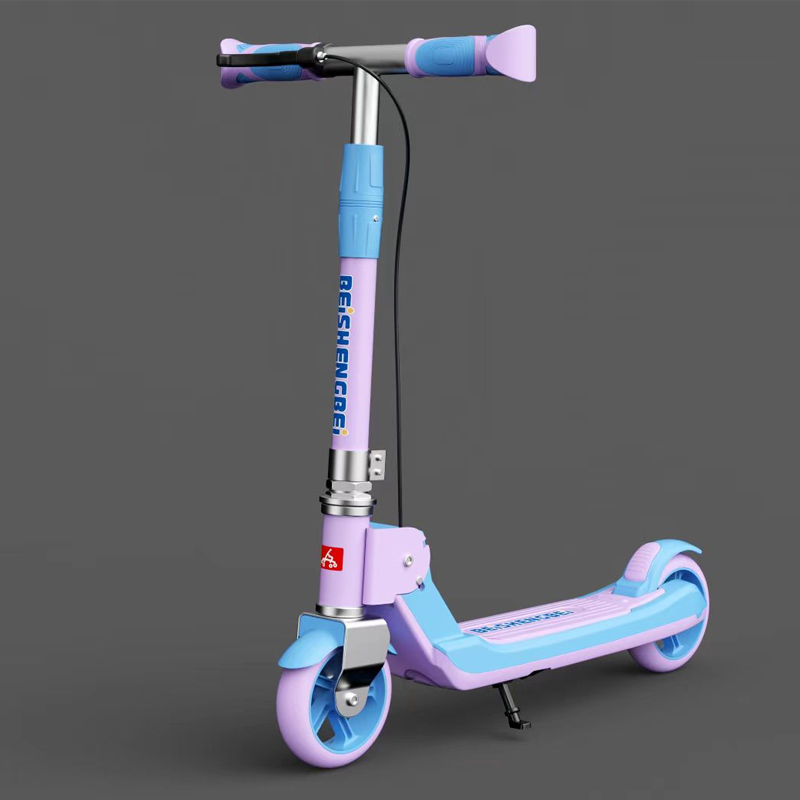The Rise of Electric Scooters A Sustainable Urban Transport Solution
In recent years, the electric scooter has emerged as a popular mode of transport, particularly in urban settings. With rapid urbanization and increasing traffic congestion, city dwellers are constantly seeking efficient and sustainable alternatives to traditional vehicles. Electric scooters, or e-scooters, have gained remarkable traction as they blend convenience with eco-friendliness, making them an appealing option for commuters.
One of the primary advantages of electric scooters is their environmental impact. As cities grapple with air pollution and the effects of climate change, the shift towards cleaner modes of transportation is imperative. E-scooters produce zero emissions at the point of use, significantly reducing the carbon footprint associated with short-distance travel. For instance, a typical ride on a scooter can replace a car trip, emphasizing the potential of e-scooters to contribute positively to urban air quality.
Convenience is another factor driving the popularity of electric scooters. Most urban residents face the challenges of navigating congested streets and finding parking. E-scooters can easily maneuver through traffic and can be parked almost anywhere, allowing for quick and hassle-free trips. Many cities have embraced scooter-sharing programs, enabling users to rent e-scooters on-demand via mobile applications. This flexibility transforms the commuting experience, allowing for spontaneous travel without the need for long-term commitments.
electric scooter 7

Moreover, electric scooters are cost-effective. The operational cost of maintaining an electric scooter is significantly lower compared to traditional vehicles. Riders benefit from savings on fuel, parking fees, and vehicle maintenance, while cities can potentially reduce expenditure on public transport by incorporating e-scooter systems into their transportation infrastructure. Many users find that e-scooters not only save time but also money, making them a practical choice for daily commuting.
Safety, however, remains a critical concern regarding e-scooter usage. With increasing numbers of both riders and pedestrians sharing urban spaces, accidents can occur. Cities have responded by implementing regulations aimed at ensuring the safe operation of e-scooters. Riders are encouraged to wear helmets, adhere to speed limits, and navigate traffic responsibly. Additionally, urban planning efforts are being made to establish designated scooter lanes and improve overall road safety.
Looking towards the future, the integration of electric scooters into smart city initiatives presents exciting possibilities. As technology advances, we may witness the development of connected scooters that communicate with traffic signals or other vehicles, enhancing the safety and efficiency of urban travel. Clean energy sources, such as solar-powered charging stations, could further bolster the sustainability of e-scooter systems, ensuring that we maximize their environmental benefits.
In conclusion, electric scooters are more than just a passing trend; they represent a significant shift towards sustainable urban transport. With their eco-friendly nature, convenience, and cost advantages, e-scooters align perfectly with the needs of modern commuters. However, a shared responsibility to enhance safety and regulatory frameworks must accompany their rise. As cities evolve, integrating electric scooters into the broader transportation ecosystem could pave the way for a greener, more efficient future, promoting eco-friendly travel and reducing the reliance on traditional vehicles. Embracing this change is not just an option; it is a necessity for creating healthier, more sustainable urban environments.
-

 Scoot&RideKids Child Kick Push Scooter 3 Wheels with LED Flashing Tilt Lean Boys Girls Scooter
Scoot&RideKids Child Kick Push Scooter 3 Wheels with LED Flashing Tilt Lean Boys Girls Scooter




- 4
$33.17 -

 Scoot&RideKids Scooter Child Kick Flashing LED Light Up 3 Wheel Push Adjustable Folding 3
Scoot&RideKids Scooter Child Kick Flashing LED Light Up 3 Wheel Push Adjustable Folding 3- 0
$25.52 -

 Scoot&RideKids Scooter Child Kick Flashing LED Light Up 3 Wheel Push Adjustable Folding 2
Scoot&RideKids Scooter Child Kick Flashing LED Light Up 3 Wheel Push Adjustable Folding 2- 0
$33.17 -

 Scoot&RideKids Scooter Teens Foldable Kick Push Scooter Adjustable Height Safe 2 Wheels
Scoot&RideKids Scooter Teens Foldable Kick Push Scooter Adjustable Height Safe 2 Wheels




- 4
$49.99
Meet our partners and discover what powers their creativity!
When you register for a Lohas scooter, you will receive a 10% discount on your first order and can be notified of sales, new product launches and other offers in advance.









